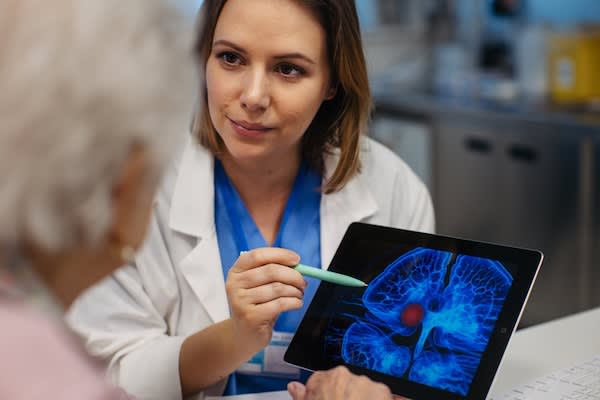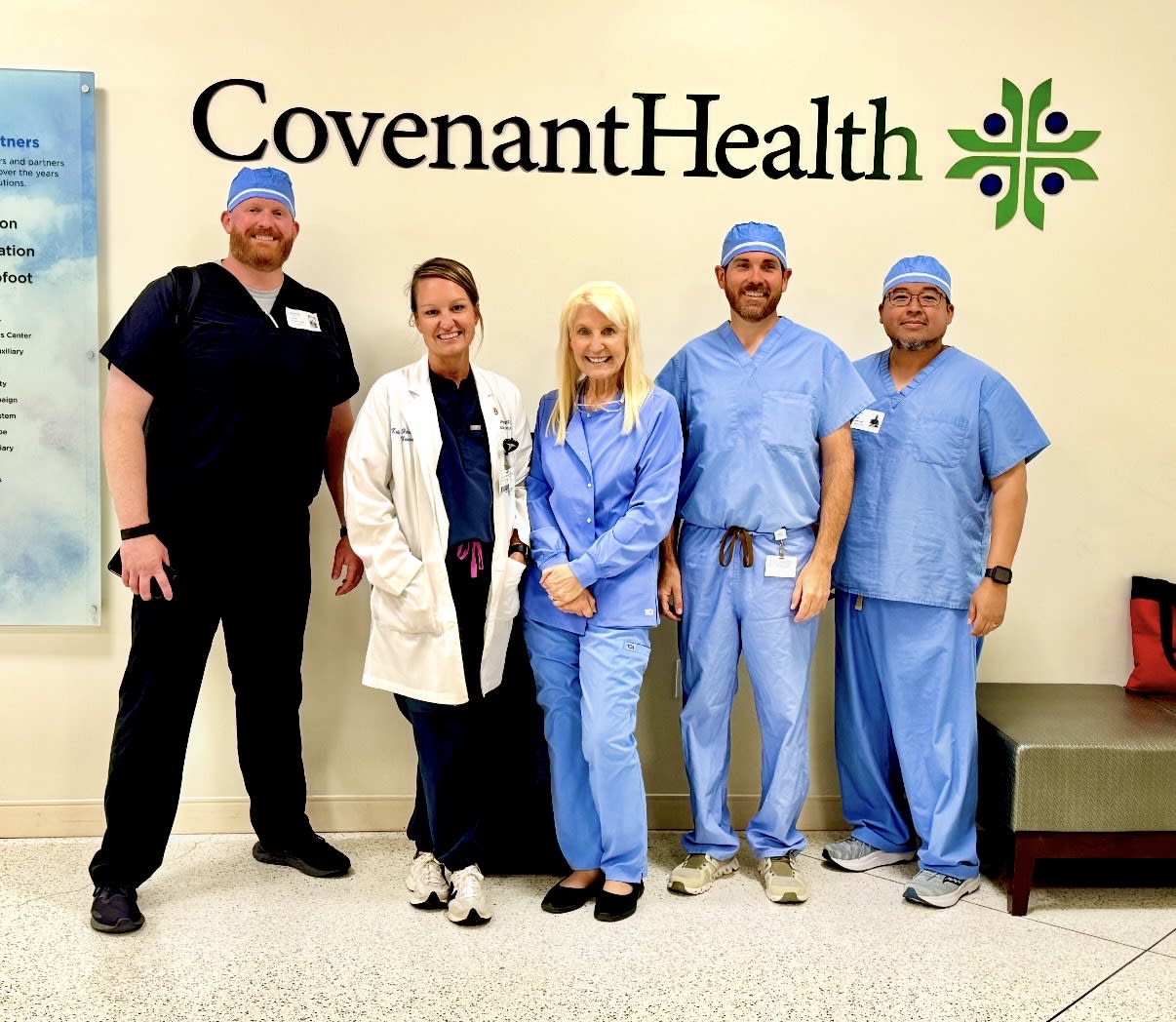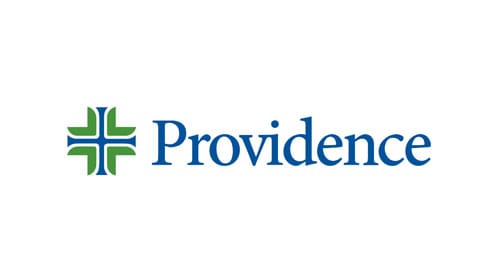Treating Cerebrovascular Disease
When you’re diagnosed with a cerebrovascular condition such as a brain aneurysm, stroke or moyamoya disease, we know that every second counts. That’s why Providence is here for you with comprehensive, life-saving care.
Why Choose Us for Cerebrovascular Disease Treatment
Whether you need emergency or ongoing care for your cerebrovascular condition, we provide specialized, compassionate treatment. Here’s why thousands of patients trust us to provide swift, effective cerebrovascular care every year:
More About Cerebrovascular Disease
Cerebrovascular disease refers to a group of conditions that affect blood flow and the blood vessels in the brain. Examples include strokes, brain aneurysms and carotid artery disease. Cerebrovascular conditions are medical emergencies and require immediate treatment. This may include medications or surgery.
Types of cerebrovascular disease we treat include:
- Brain arteriovenous malformations (AVM)
- Carotid artery disease
- Cavernous malformations of the brain and spinal cord
- Intracerebral hemorrhage (ICH)
- Intracranial aneurysm
- Ischemic stroke
- Moyamoya disease
- Subarachnoid hemorrhage (SAH)
- Transient ischemic attack (TIA)
Testing and Diagnostics

Your neurological team will use the most advanced methods to diagnose your cerebrovascular disease. These may include one or more of the following:
- Cerebral angiogram
- Computerized tomography angiogram (CTA)
- Computerized tomography perfusion (CTP)
- CT imaging
- Magnetic resonance angiogram (MRA)
- MRI
Personalized Treatment for Cerebrovascular Disease
No two patients are the same. This is why your care team works with you to create a treatment plan based specifically on your condition and overall health. Your treatment may include one or more of the following:
- Aneurysm stabilization: resection (open surgery) or endovascular surgery
- Prescription medications
- Rehabilitation
- Revascularization
Find Neurological Care Close to You
Meet the Team
At Providence, you'll have access to a vast network of dedicated and compassionate providers who offer personalized care by focusing on treatment, prevention and health education.
Expert Tips and Advice





